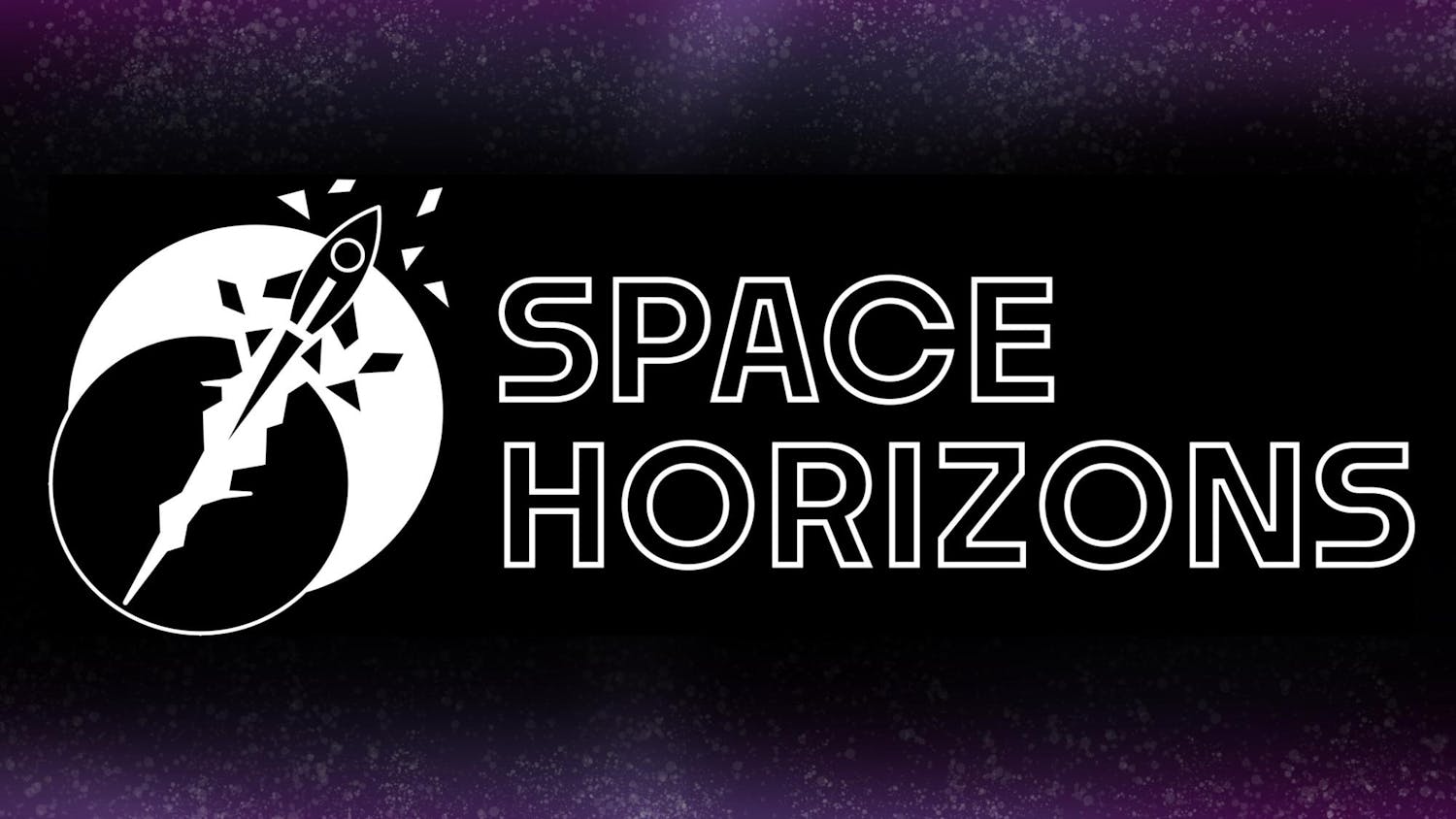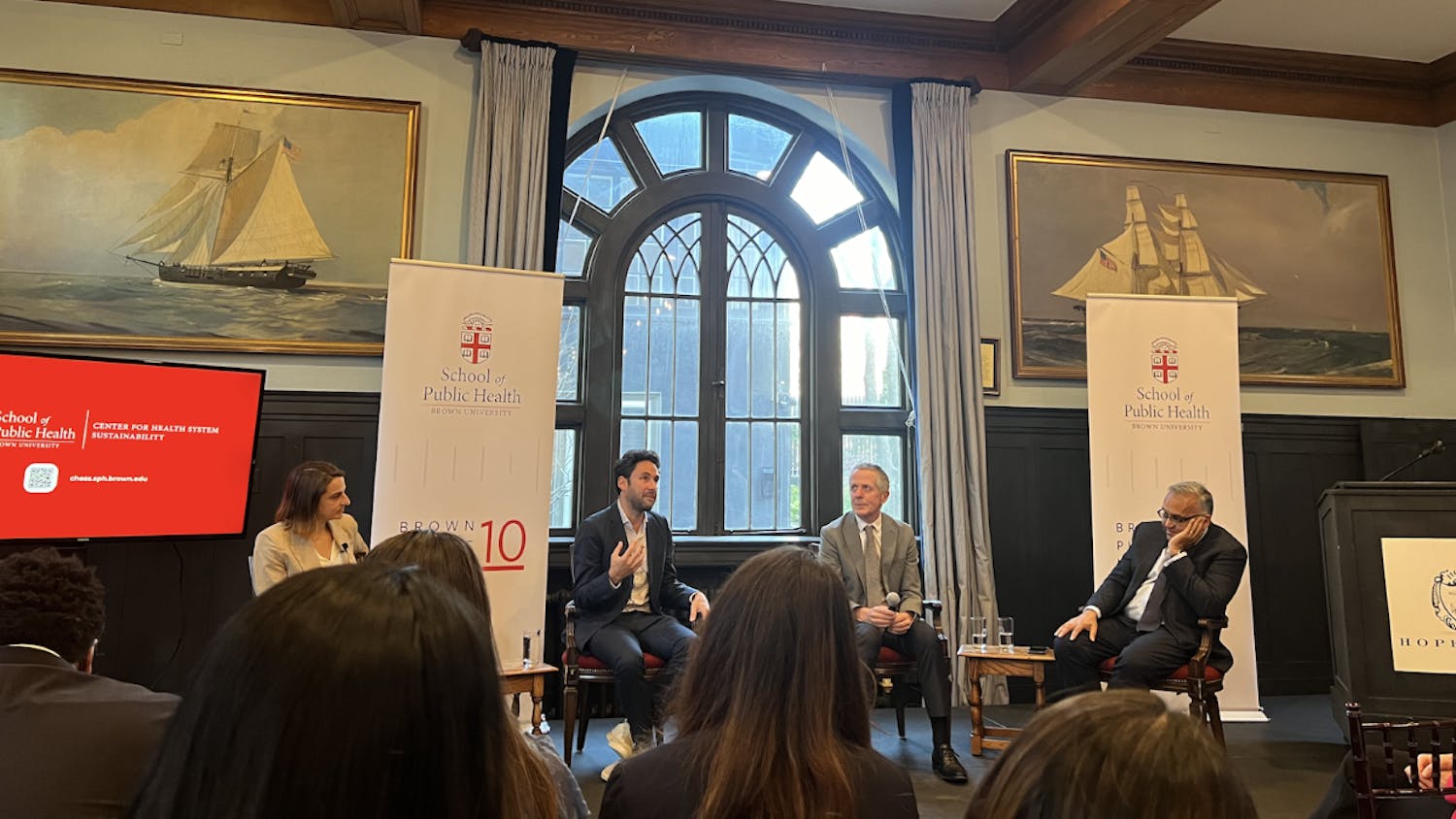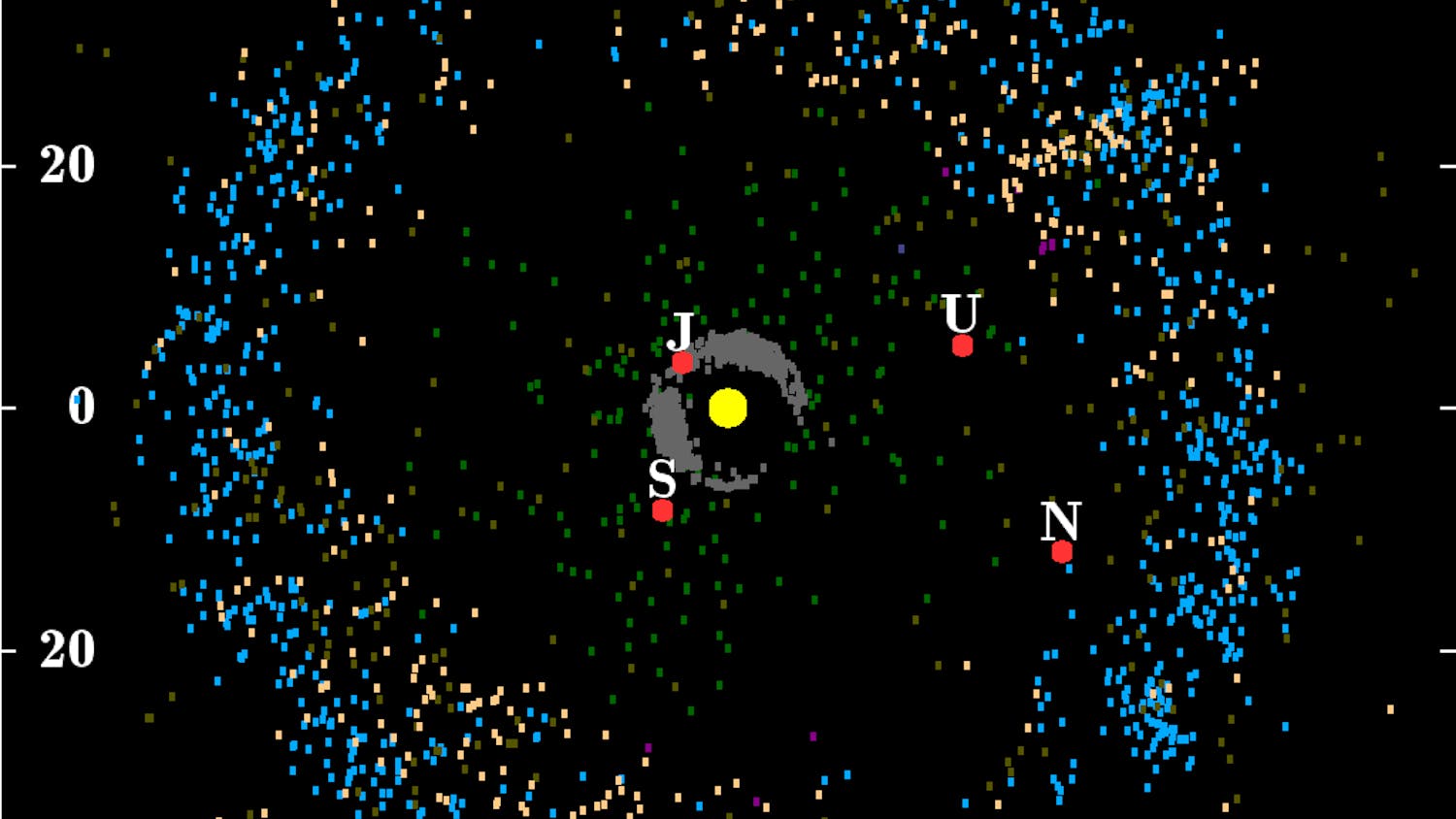Wednesday marked the kickoff of Scialogue, a new monthly event where undergraduate students present their research and receive feedback from their peers. The program, whose name is short for scientific dialogue, was initiated by Katarzyna Sierzputowska ’13.5 in association with the University’s chapter of Sigma Xi, an international research honor society, and the Triple Helix, an organization that publishes a journal focused on science, society and law.
Interested students can opt to present their work in a brief two-minute “Elevator Talk,” a five-minute “Data Blitz” for those in early stages of research, or a full 10-minute presentation that includes an explanation of the research methods and results. The Scialogue also allows students to become “experts” in particular topics outside of their research areas and present meta-analyses of the subject areas’ literature.
“Graduate students have journal club, but there is no place for undergraduates to present their research on campus,” Sierzputowska said.
“We wanted to start hosting events on campus to raise awareness for the Sigma Xi chapter, get students aware of research opportunities and see the kinds of research that other students are involved with,” said Geeta Chougule, program assistant of the Brown Sigma Xi chapter.
During the event, which was held in the Science Center, three students gave 10-minute presentations on topics including astrophysics, medically-supervised drug injection sites and the socioeconomic effects of sleep deprivation.
“Science communication is really difficult, and it is a big issue today,” said Sarah Blunt ’17, who gave a presentation on astrophysics research she conducted during her gap year. “Forcing me to put my research in more general terms not only helps me understand it better but also makes the research more significant because others are able to understand it.”
The audience included about 25 first-years and sophomores, many of whom said they found the event interesting and informative.
“It was awesome,” said Lucy Xu ’16. “I really like how there were different topics and presentation styles. Some are more in-depth like a scientific research paper, and other are more like a Triple Helix article style.”
The idea for the shortened presentation style comes from the Howard Hughes Medical Institute research program in which students who conduct summer research give brief “elevator talks” on their projects.
The shortened presentation format marks a departure from traditional research talks by challenging students to communicate their findings succinctly to a scientifically literate audience, Sierzputowska said. “You have a short amount of time to convey months if not years of research, so you really have to think about the most important things of your project,” she added.
Scialogue is part of a larger Science Center initiative to increase science communication at Brown, said David Targan ’78, associate dean of the College for science education.
“Science itself is increasingly collaborative and interdisciplinary. When science becomes more of a community and global effort, the issue of communication becomes all the more important,” he said. “If we want to continue to get support for science, we need to be able to explain ourselves,” Targan added.
Undergraduate students who are interested in giving presentations at future events can apply on the organization’s website.
ADVERTISEMENT




